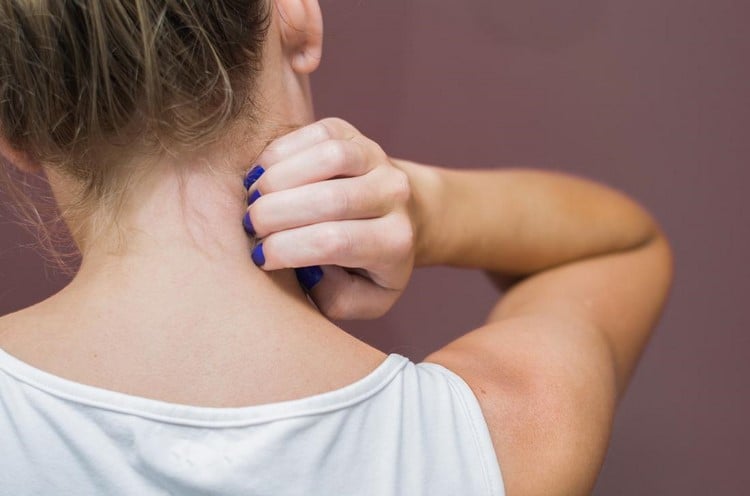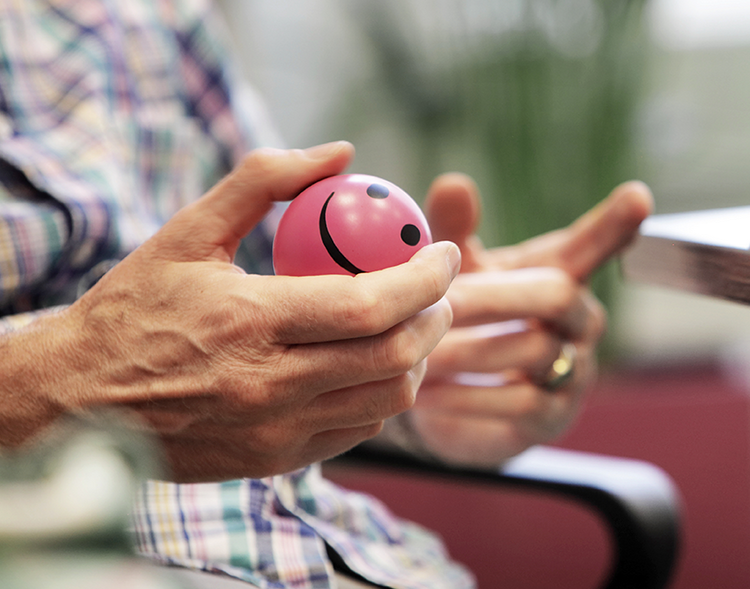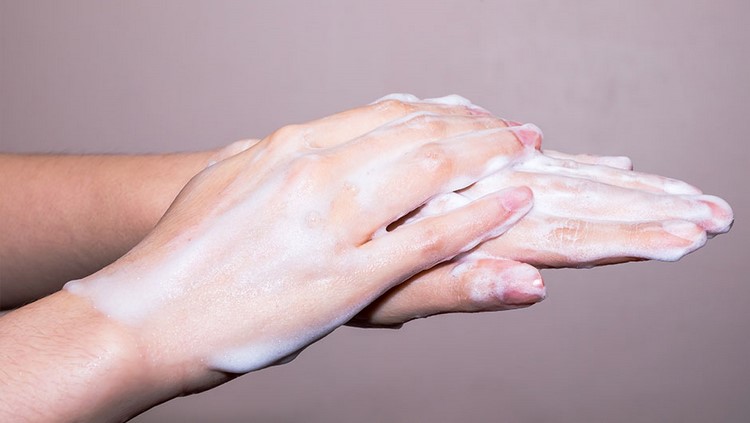Don't touch your face! 5 tips on how to get rid of it!
With the spread of the novel corona virus around the world, doctors have listed many measures that people can take to protect themselves from infection. You should wash your hands frequently, cough in the elbows and avoid contact with sick people. One of the best ways to stop the corona virus from spreading – and to slow down a pandemic – is to simply stop touching your face. But to be honest, it is often easier said than done because it is difficult to get rid of such natural reflexes.
Why is it so important not to touch your face?

Viruses can survive up to several days on hard surfaces such as doorknobs, railings and subway poles. On unwashed hands, pathogens can enter the body through the mucous membranes of the mouth, nose or eyes and infect us.
Face touches usually happen unconsciously

Researchers from the University of Leipzig published an entire study in 2019, which found that even medical students (who are exposed to all kinds of germs and bacteria) touch their faces on average almost 25 times an hour. And like many of us, these students rubbed their eyes, pierced their noses, or stuck a finger in their mouths.
Just like other illnesses that are based on bad habits (such as chewing fingernails), some people tend to touch their faces unconsciously. Experts often work with patients to address the problem in treatment. Most of the time, it's about replacing the habit with another or something completely different. Below we have a few tips to help you wean yourself off your face.

1. Identify the triggers
From stress or boredom, people touch their faces for many different reasons. The first step in reducing your facial touch is to determine which part of your face you touch the most and why. Recognize your personal triggers and find ways to reduce touches.

2. Redirect the movement
Psychiatrists recommend that patients focus on acceptable countermeasures when they have to give up an unhealthy habit. For example, think of another part of the body that you can touch. If you feel the pressure of having to touch your face, touch your arm or knee instead.
3. Count your touches on the face
If you notice that you are constantly touching your face at a certain time or in a certain situation – such as when talking on the phone or reading at a desk – make a note of it. If you keep a tally for a day, the topic becomes much more present in yours Be head.

4. Keep your hands busy
Give your hands something else to do to help your subconscious. For example, you can keep a prayer chain made of wooden beads within reach. Stress balls are also a great way to distract your hands. No matter which item you choose, make sure you disinfect it as often as possible, as it will most likely contain a number of germs.

5. Use household items to your advantage
Sensory cues can help you keep your hands out of your face, especially things that irritate your nose. For nail bites, for example, there are a number of nail polish products that smell bad and taste bad. The same goes for scented, strong-smelling soap, which through your sense of smell can wake up your subconscious to remind you to keep your hands away from your face.

Habits are difficult to change. Just keep in mind that not touching your face is just one way to protect yourself from the flu and corona viruses. But it is crucial that you do not forget any other preventive measures that can help you reduce the risk of developing COVID-19. Stay at home when you are not feeling well, avoid contact with sick people, wash your hands frequently (or use a hand disinfectant with at least 60% alcohol) and disinfect frequently touched surfaces and objects.
Reference: Study “The spontaneous facial touches” Stephanie Margarete Müller, Sven Martin, Martin Grunwald
The post Don't face it! 5 tips on how to get rid of it! appeared first on Deavita.com | Living ideas, design, hairstyles, make-up, lifestyle, health and beauty tips.





















